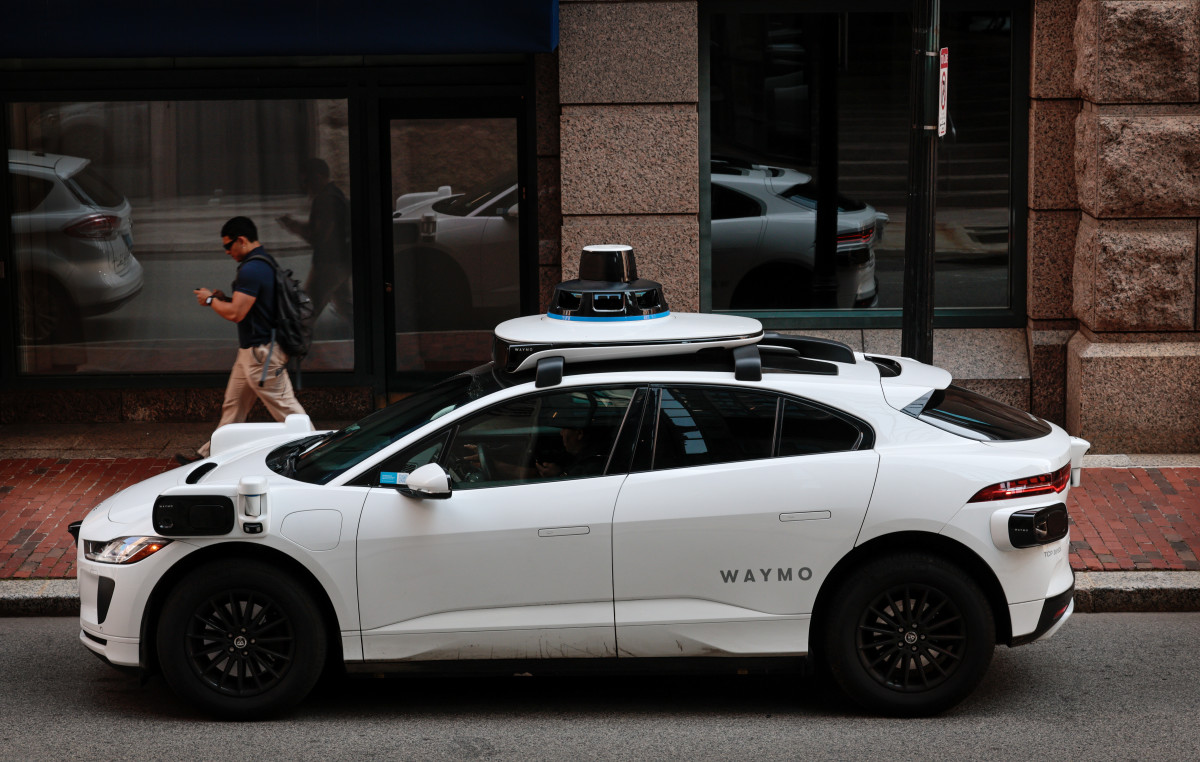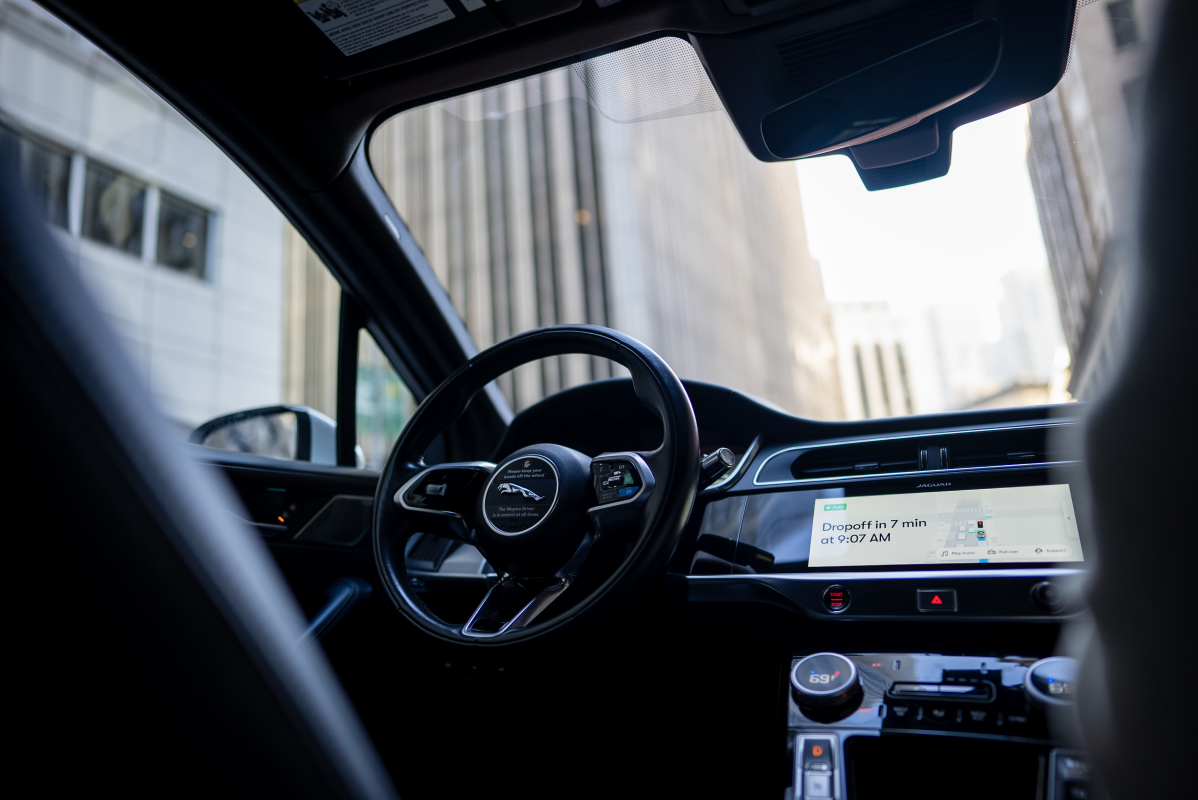Boston mulls over autonomous vehicles hitting city streets
Waymo’s exceptional safety record, drawn from over 100 million miles of self-driving, is aiding its expansion domestically and internationally, but the autonomous rideshare giant’s ambitions to possibly expand into one Northeastern city have hit significant roadblocks. In May and June, Waymo mapped Boston’s streets with a human operator present in each vehicle—a preliminary step the company has used before launching in new cities. While Waymo hasn’t yet released an official timeline for a launch in the state’s capital, protests outside of Boston’s City Hall during a council hearing evaluating autonomous rideshare vehicles in the area show that Waymo hasn’t yet gotten the green light to go full speed ahead in the region, even if they’d like to.
Inside Boston’s City Hall on Thursday, Waymo emphasized the company’s safety record and other potential benefits. At the same time, officials within Mayor Michelle Wu’s administration pushed back against the city’s suitability for robotaxis while labor leaders and rideshare drivers voiced concerns, according to Boston.com.

Getty
City council members, Boston Chief of Streets, and more speak out against autonomous fleets
City councilor Ed Flynn expressed concerns over Waymo’s ability to navigate Boston’s double-parked cars, non-autonomous rideshares, delivery vehicles, heavy summer road construction, and street closings, CBS reports. UPS driver Jack Maier said, “I don’t think a driverless taxi can navigate its way around Boston. You see the tourists, you see people stepping off the curbs, you see the kids on scooters. Losing jobs would be my second biggest concern,” according to CBS. Boston’s Chief of Streets, Jascha Franklin-Hodge, highlighted the nature of the city’s roads, describing them as complex, congested, and chaotic. Teamsters Union Local 25 Secretary-Treasurer Steven South said, “This company is steamrolling into cities throughout our country without concern for the policymakers, workers, or residents who live there,” according to MassLive. Still, Waymo has claimed that it wants to engage in an extensive conversation with Boston’s leaders and stakeholders.
Waymo told WBZ-TV: “Our recent testing in the greater Boston area has shown how Waymo’s fully autonomous service can complement the region’s existing transportation systems with safe, sustainable, and accessible options. We aim to serve the people of Boston and the millions of people who visit the city each year, and we look forward to ongoing collaboration with local communities and stakeholders,” Boston.com reports.
Matt Walsh, Waymo’s regional head of state and public policy, has also responded to concerns that autonomous vehicles will trigger job losses by estimating that his industry will generate 100,000 new jobs over the next decade for roles such as mechanics and car cleaners. Walsh added that data reflects Waymo as being involved in nearly five times fewer injury-causing collisions than human drivers, according to ABC affiliate WCVB. Waymo currently operates in Phoenix, Arizona; San Francisco, California; Los Angeles, California; Atlanta, Georgia; and Austin, Texas. The service also has plans to launch in Miami, Florida, and Washington, D.C. next year.

Waymo
Final thoughts
Pending Massachusetts legislation would establish a regulatory framework for autonomous vehicles in the state. However, even if some versions of the bills are passed, Boston officials could slow the pace of a self-driving rollout from companies like Waymo—a possibility that’s especially likely given the pushback Boston has already given autonomous fleets compared to other cities, such as Austin. Boston’s skepticism toward Waymo is also multi-layered, including city council members, organized labor unions, and rideshare drivers.